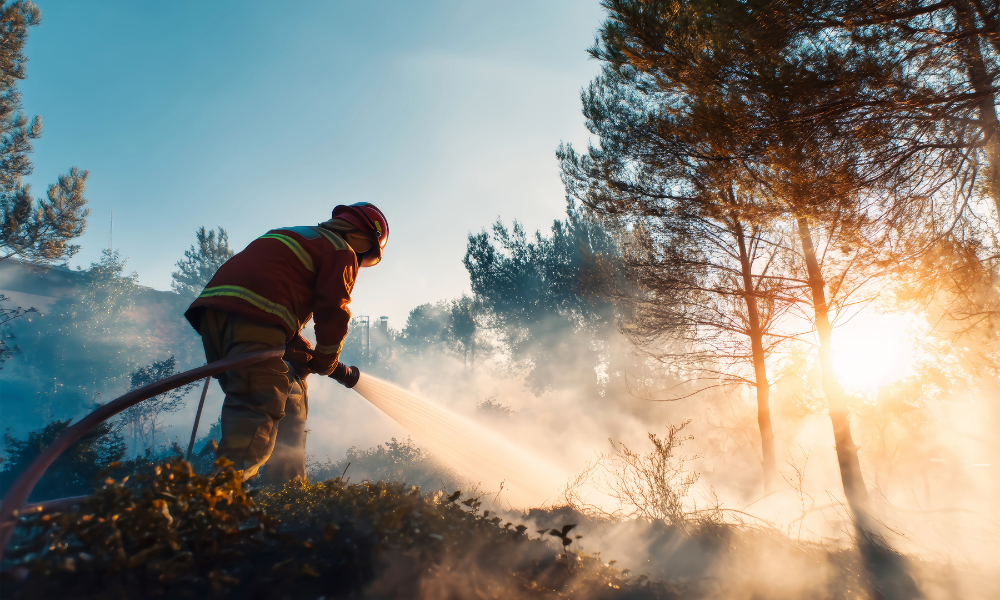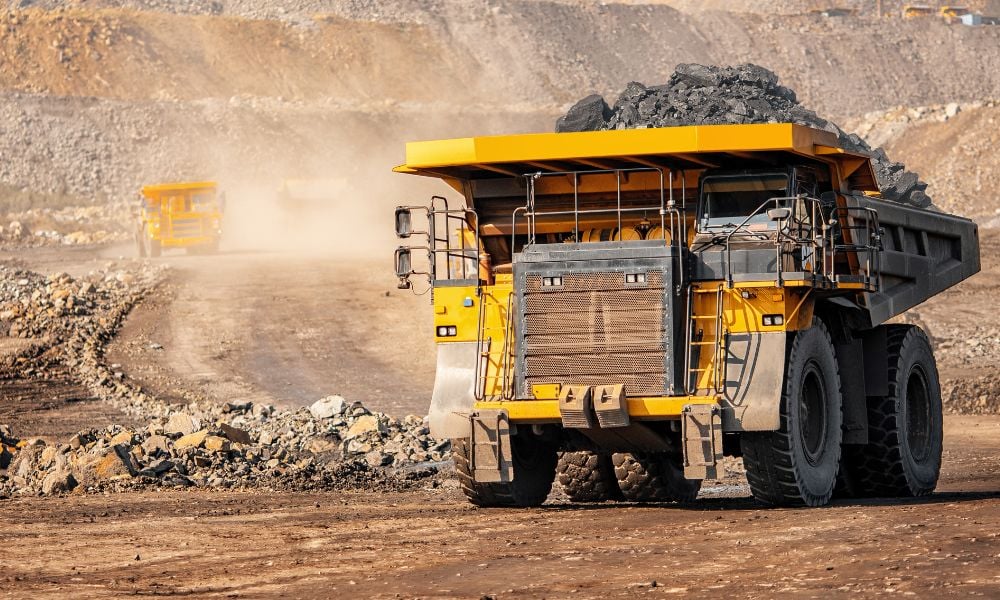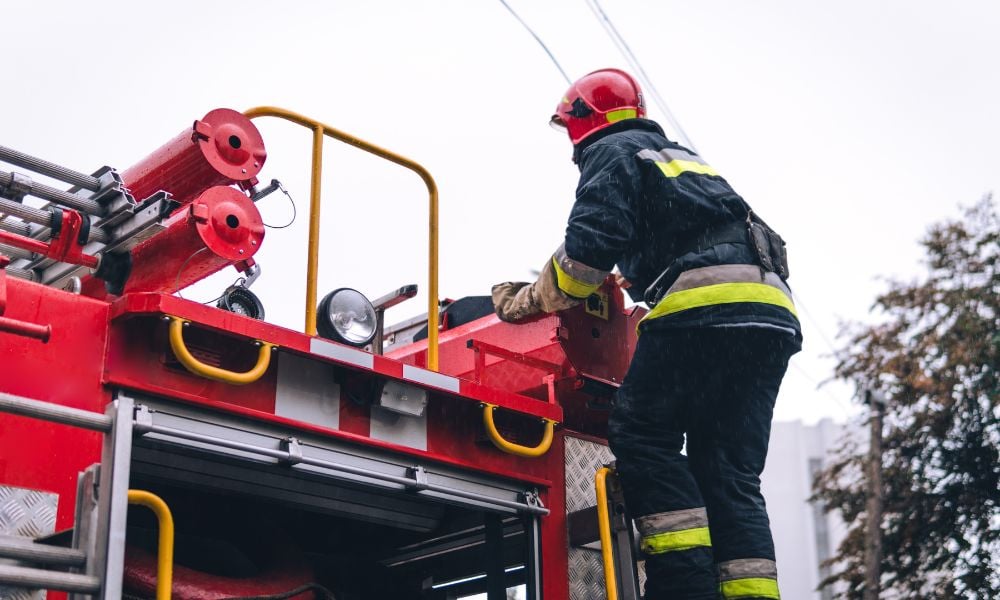The tragedy, which claimed the lives of 26 miners, was the impetus behind the Westray Bill

The Canadian Labour Congress and The United Steelworkers union are honouring the 29th anniversary of the disaster at the Westray coal mine in Plymouth, Nova Scotia that took place on May 9, 1992.
The explosion claimed the lives of 26 miners. Investigation into the disaster made clear that not only was the explosion preventable, but that it was inevitable given the lack of health and safety the owners and operators allowed to go on in the short eight-month life of the mine.
According to the Canadian Labour Congress, early in the morning that day beneath the small town of Plymouth, a methane gas leak into the Westray mine shaft from the Foord coal seam mixed with coal dust. It caused an explosion.
“The sky lit up with a blue flash and homes more than a kilometer away shook with the force of blast. Within seconds 26 miners working underground on that shift were killed,” the congress said.
“In little over an hour a team of men was down the mine on foot to attempt a rescue. They were soon joined by rescue teams from mines in Cape Breton, Pugwash and Bathurst as is the tradition of miners rushing in to help their fellow miners. But there were no survivors of this explosion.”
Disaster waiting to happen
The group noted that between 1838 and 1950, 246 Pictou County miners were killed in similar methane and coal-dust explosions – and many of them were mining the Foord seam that the Westray mine was working. Between 1866 and 1972, another 330 miners were killed in other mine-related accidents.
Also, the Westray death toll was Canada’s worst mining disaster since the 1958 “bump” in the Springhill coal mine that claimed the lives of 75 miners.
The Canadian Labour Congress noted that a worker in the coal mining industry is six times more likely to die of a job-related issue than in any other private industry on earth, citing data from the U.S. Department of Labour’s Bureau of Labour Statistics. The Westray coal mine incident was a disaster waiting to happen.
“Before the mine opened, concerns had been raised about its safety. During its construction, in July 1991, a letter was sent to the provincial Labour Minister from MLA Bertin Boudreau warning that the new coal mine “is potentially one of the most dangerous in the world.” The promise of new jobs, rich profits and political reward left those warnings and others unheeded,” it said.
“When the explosion happened, the Westray mine was the only working underground coal mine in Pictou County, Nova Scotia’s coalfield. The coal seam there had been mined for 200 years with a long history of explosions. The nearby Allan mine, which closed in 1951, experienced eight methane explosions in its 40-years of operations.”
Holding employers accountable
A provincial inquiry led by Justice Peter Richard found that “The Westray story is a complex mosaic of actions, omissions, mistakes, incompetence, apathy, cynicism, stupidity and neglect”. However, all attempts to prosecute the company and its officials for actions that lead to the deaths of 26 men failed.
Canada’s unions responded with a campaign to change the Criminal Code. They wanted corporate managers and directors who fail to take steps to protect the lives of their employees to be held criminally liable in the event of workplace deaths.
Private members’ bills were introduced in Parliament only to fail. On the fifth attempt, in 2003, the federal government enacted what would come to be known as the “Westray Bill” that provided a new framework for corporate liability in Canada.
“The USW has been relentless in having lawmakers and law enforcement take the Westray Law seriously,” said Ken Neumann, USW national director. “[However], across Canada, we still see about 1,000 workers lose their lives every single year, with over 260,000 receiving what are often life-altering injuries, just from going to work.”
Some employers in Canada, including those in Ontario and Saskatchewan, have been fined because of fatal injuries to workers in the workplace.
The union also raised particular concern that this year the anniversary of the Westray disaster coincides with the introduction of Bill 59 in Quebec which will have serious implications for the lives and well-being of workers on the job.
“Governments right across the country must recognize their responsibility to keep workers safe. Effective prevention of workplace deaths and injuries requires meaningful involvement of workers and their representatives,” said Dominic Lemieux, USW District 5 (Quebec) director.
“Under existing legislation, this level of involvement of workers exists only in a small minority of Quebec workplaces. These legislated protections must be extended to the 88% of Quebec workers who are not covered, but instead the provincial CAQ government wants to weaken the legislation even further.”





